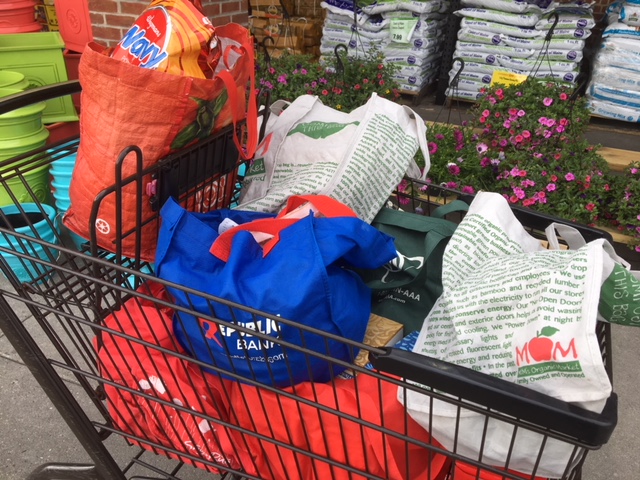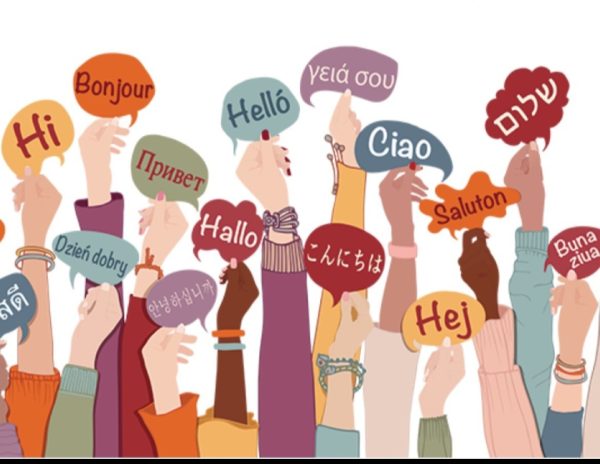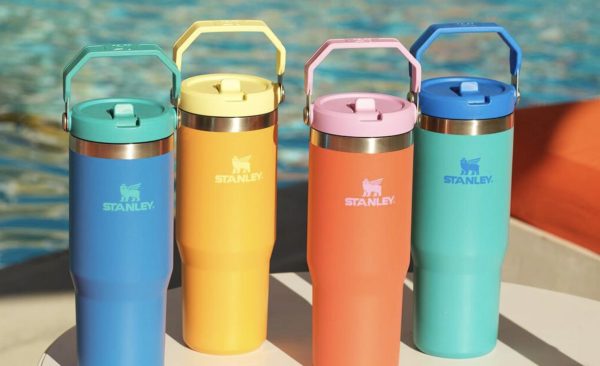Plastic bag ban is the right step to protecting New Jersey’s environment
New Jersey shoppers need to learn how to use recycyled bags for shopping needs.
A bill that would implement a five-cent sales tax on disposable bags was vetoed by New Jersey Governor Phil Murphy in an effort to have lawmakers develop stricter regulations for the consumption of plastic waste products.
The Senate environment committee proposed a program that creates fees for single-use bags and bans the use of straws in the food industry, unless required because of a disability or medical condition. Businesses that violate the suggested bans could face up to $500 for the first offense, $1,000 for the second offense, and $5,000 for each following offense.
Similar statewide bans on straws have been enacted in California with effective results. Murphy has campaigned on the idea of following the lead of the environmentally-conscious western United States.
In September of 2018, an ordinance was passed in Lambertville, N.J. that prohibited the use of plastic bags, straws, and polystyrene—the foam container used to place leftovers in. The New Jersey Sierra Club supports the ordinance, while citing that it is one of the strictest bans in the state.
Placing restrictions on the use of plastic and paper bags is necessary in order to preserve the environment. Though they can be biodegradable, both materials decompose over a long duration of time and it can take hundreds of years for them to completely break down.
Plastic waste is often concentrated near beaches and negatively impacts the ecosystems along the coast. By entering the habitat of aquatic life, the plastic disrupts organisms while also posing the threat of entanglement and ingestion.
To produce paper bags, a large quantity of trees needs to be cut down. Paper bags predominance in the retail industry has contributed to deforestation, further validating the decision to place regulations on its consumption.
The protection of the environment should be prioritized by enacting strict bans on items that are detrimental to survival. Bringing reusable bags to the supermarket and drinking directly from the cup at a restaurant are small things that play a big role in reducing the carbon footprint of mankind.







